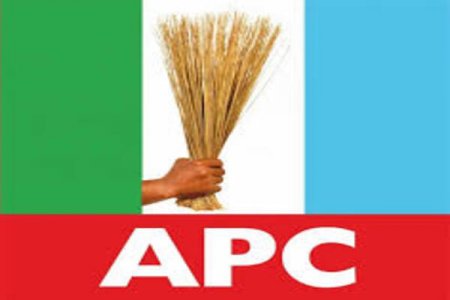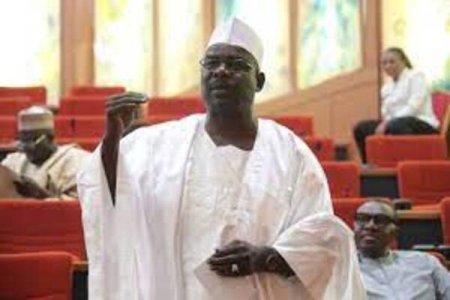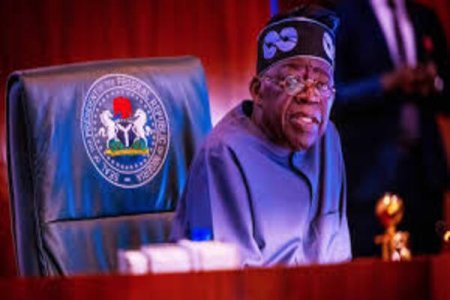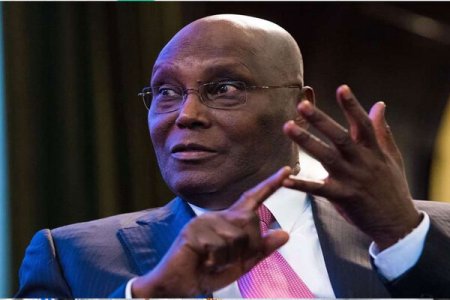
In the intricate tapestry of Nigerian politics, a seismic shift occurred as seven opposition parties joined forces to counter the dominance of the ruling All Progressives Congress (APC).
This alliance, known as the Coalition of Concerned Political Parties (CCPP), aimed to bolster the foundations of democracy in the nation.
However, the very fabric of this coalition began to unravel soon after its inception.
On December 7, 2023, leaders from prominent parties such as the Peoples Democratic Party (PDP), African Democratic Congress (ADC), Social Democratic Party (SDP), Peoples Allied Movement (PAM), New Nigeria Peoples Party (NNPP), Young Progressives Party (YPP), and Zenith Labour Party (ZLP) gathered at the SDP headquarters in Abuja to birth the CCPP.
The National Chairman of the SDP, Shehu Gabam, highlighted concerns about political instability, citing controversial court rulings in Zamfara, Nasarawa, Kano, and Plateau states.
The CCPP's primary objective was to provide a formidable opposition force without resorting to a full-scale merger.
However, the purported unity faced immediate challenges. Some party leaders lacked the mandate from their respective parties to participate in the coalition.
Despite the reported endorsement by the PDP's acting National Secretary, Setonji Koshoedo, the party swiftly distanced itself, with spokesperson Debo Ologunagba emphasizing no awareness or involvement in merger talks.
The NNPP, initially listed as a CCPP member, found itself in disarray. A factional dispute within the NNPP's National Working Committee emerged, with conflicting statements about participation in the coalition.
The Labour Party, a significant opposition force, opted to remain aloof from the CCPP, asserting its independence while expressing openness to discussions for electoral reforms.
As the CCPP faced internal strife, the Secretary-General of the Conference of Nigeria Political Parties (CNPP), Willy Ezugwu, scrutinized the coalition's shaky initiation.
He pointed out the importance of genuine consent and proper consultation among all participating parties. Ezugwu acknowledged the potential benefits of a united opposition front but questioned its feasibility in a political landscape where financial inducements often sway loyalties.
Agbo Major, the acting National Chairman of the NNPP, echoed concerns about the lack of tested leadership in the coalition.
He emphasized the crucial distinction between a coalition and a merger, citing the success of the APC, which resulted from a merger of opposition parties.
In this intricate political dance, the fate of the CCPP hung in the balance, highlighting the challenges inherent in forging a united opposition against a dominant ruling party in Nigeria




